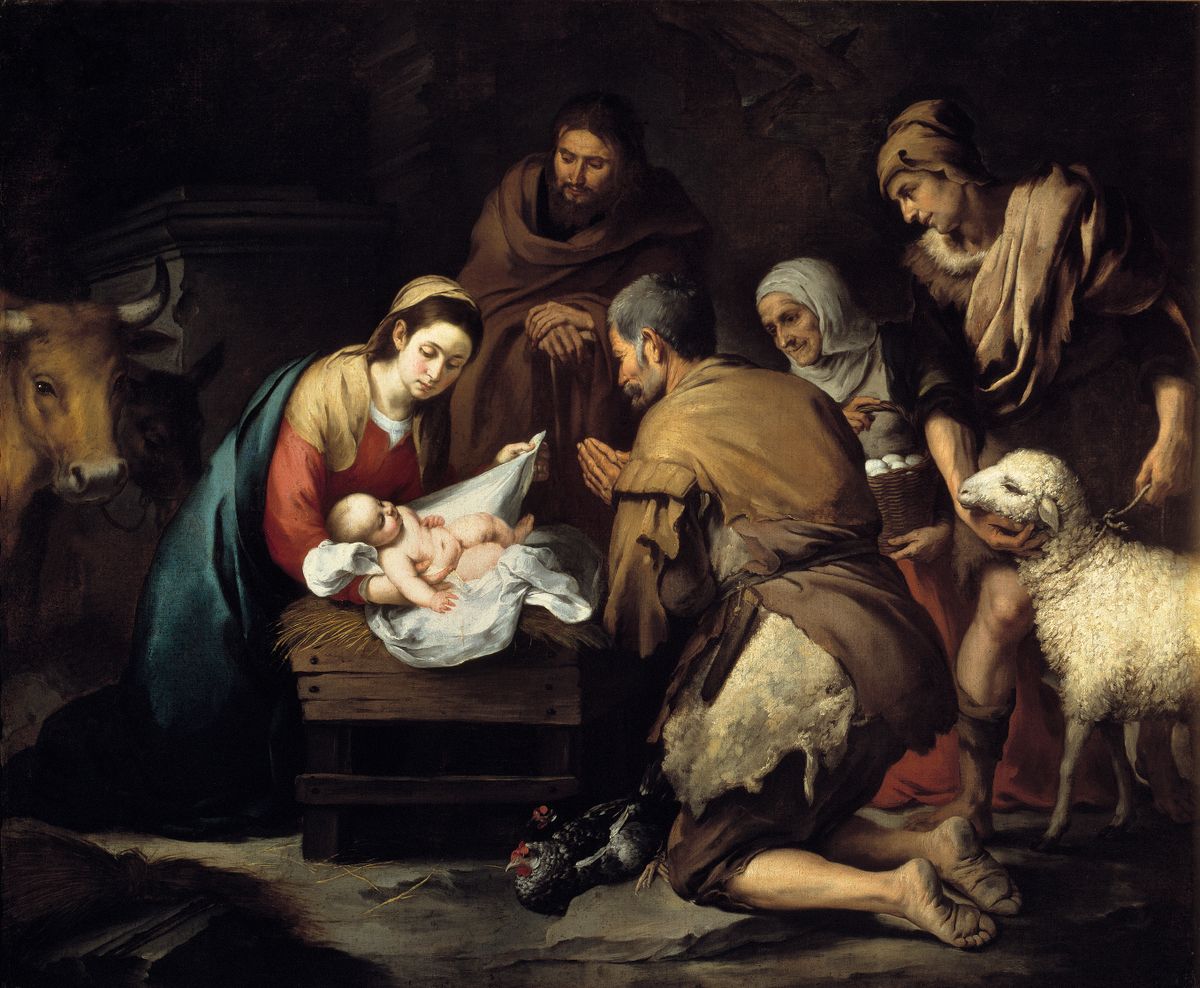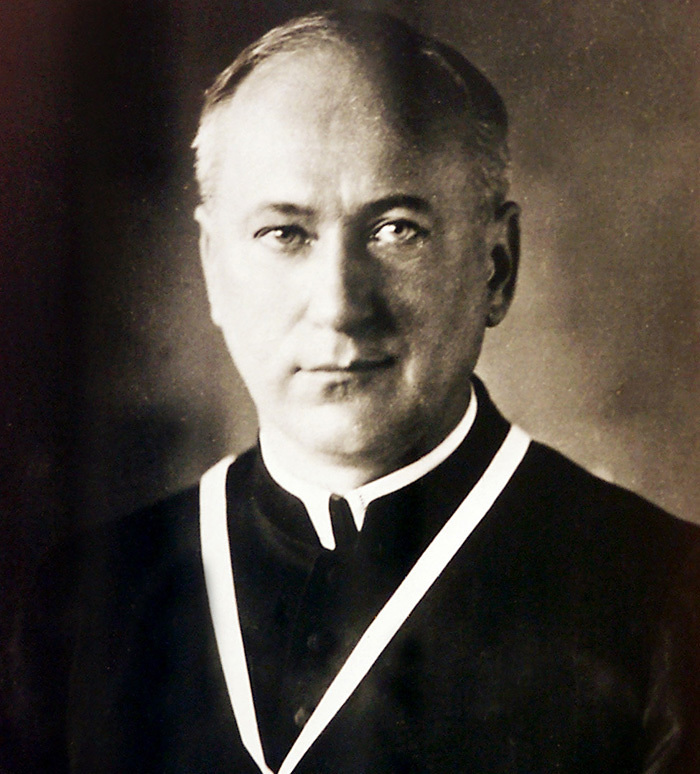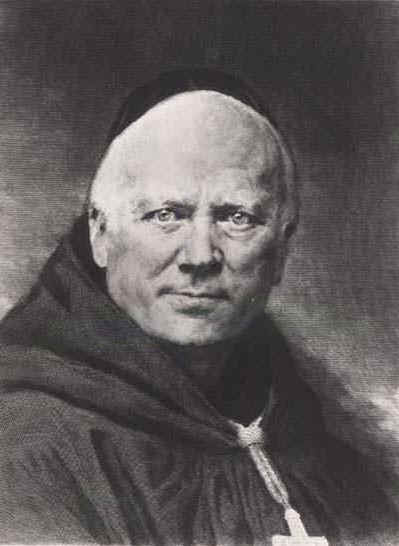Adoration of the Shepherds, the theme of today’s Gospel
One might think that the best way to honor the great mystery of the birth of the God-man is to devote eight days exclusively to its celebration. And yet in their inspired wisdom, all of the historic and apostolic liturgies mix the Octave of the Nativity of Our Lord Jesus Christ with the cult of some saints. In the Roman Rite, these are Stephen on December 26, John the Evangelist on December 27, the Holy Innocents on December 28, Thomas Beckett on December 29, and Sylvester I on December 31. William Durandus calls these saints the Comites Christi. A comes is a companion, but the word also connotes aristocracy (the title “Count” comes from it).
Christ’s noble companions are honored liturgically in two different ways. They either have a proper Mass of their own on their feast day (Stephen, John, and the Holy Innocents) with a commemoration of Christmas; or, a Christmas Octave Mass is celebrated on their feast day, and they are acknowledged with a commemoration.
There is only one day within the Christmas Octave on the General Calendar that is not also a saint’s day and is therefore exclusively about Christmas. On December 30, the Church celebrates the Mass for the days within the Octave of Christmas (Diebus infra Octavam Nativitatis Domini) without any commemorations. The Mass that is used is identical to the third Mass of Christmas Day except that it has a different Epistle and Gospel.
The twentieth-century liturgist Father Pius Parsch wishes there were more days like December 30:
It would be ideal if we could devote several days of the Christmas octave to quiet contemplation, entering ever more deeply into the sweet and profound mystery of the incarnation; yet most of the time is devoted to the saints. All the more precious, therefore, is this day, an unencumbered Christmas-day. [1]
I do not know the wording of the original German, but the choice of “unencumbered” and the broader sentiment behind it are, in my opinion, unfortunate. Does, for example, the celebration of Childermas encumber my celebration of Christmas or enrich it? Behind Parsch’s lament is an either/or mentality that led to the 1969 calendar, with its vast reduction of sanctoral feast days and its allergy to commemorations, as if the heart cannot sing polyphonically and the mind cannot hold two positive thoughts in its head at the same time. The traditional Christmas Octave is a reminder that the soul of the Blessed Virgin Mary is not alone in magnifying the Lord. Every saint’s life magnifies the Lord, acting like a magnifying glass that allows us to enter more deeply into the sweet and profound mystery of the Incarnation.
Reverend Pius Parsch (1884-1954)
Dom Gueranger has a more satisfactory and, I daresay, more Catholic approach to this issue than Parsch:
This is the only day within the Christmas Octave which is not a Saint’s Feast. During the Octaves of the Epiphany, Easter and Pentecost, the Church is so absorbed in the respective mysteries that she puts off everything that could share her attention; whereas during this of Christmas, there is only one day which does not celebrate the memory of some glorious Saint, and our Infant Jesus is surrounded by a choir of heroes who loved and served him. Thus the Church, or, more correctly, God—for God is the first author of the cycle of the year—shows us how the Incarnate Word, who came to save mankind, desires to give mankind confidence by this his adorable familiarity. [2]
Dom Prosper Guéranger (1805-75)
And so, let us not call this Sixth Day within the Octave of the Nativity of the Lord (December 30) an “unencumbered Christmas day” but a “mere Christmas day.” “Mere” is derived from merum, the Latin word for unmixed wine. (With his concept of mere Christianity, C.S. Lewis draws from the word’s original meaning to great effect). Wine was mixed with water in antiquity because it was so sweet, and the assumption was that anyone who drank unmixed wine was not interested in the taste but only in getting drunk. A drunkard could thus be called a meribibulus or “drinker of merum,” as was a young Saint Monica when she was caught taking sips of the stuff from the family cellar. [3] I am not suggesting that the Christmas days that are mixed with the cult of saints are in any way “diluted,” but I am suggesting that we can savor this mere Christmas day and get a little spiritually drunk on it, and without needing to subscribe to Parsch’s flat binary.
Notes
[1] Pius Parsch, The Church’s Year of Grace: Advent to Candlemas, volume 1, trans. William G. Heidt (Liturgical Press, 1957), 236.
[2] Prosper Gueranger, The Liturgical Year, volume 2, trans. Laurence Shepherd (St. Bonaventure Publications, 2000), 340.
[3] Augustine, Confessions 9.8.18.



